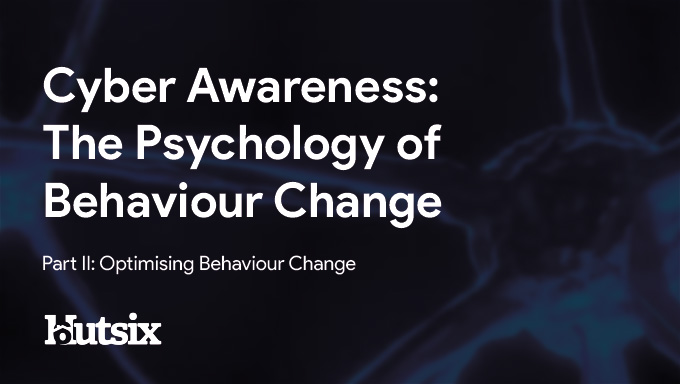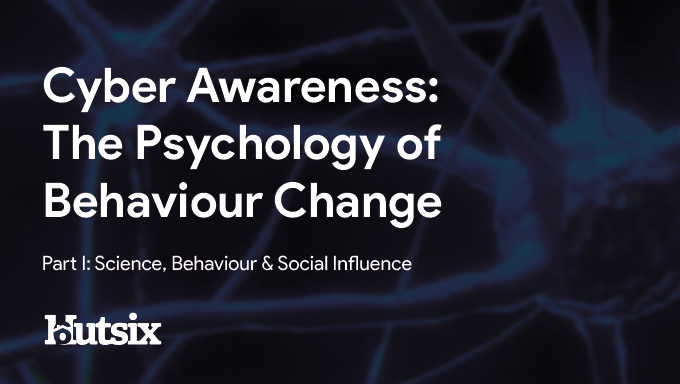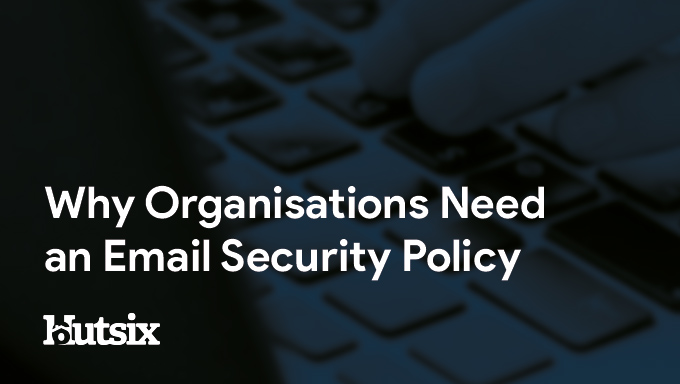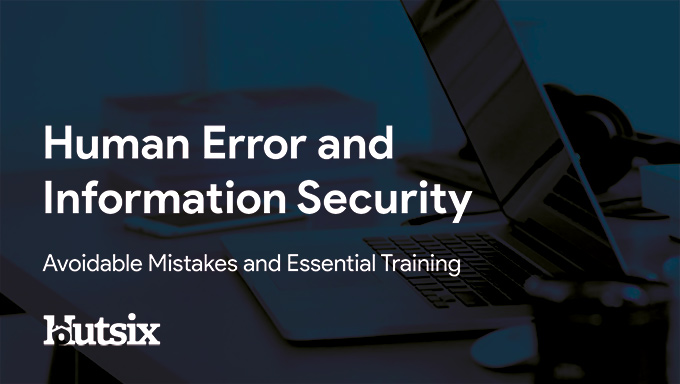Maintaining Compliance for Businesses
Data Protection Compliance
Just as businesses have never been more reliant on data than today, similarly, there have never been more regulations dictating how that data is managed and protected. Particularly in the case of personal data, the misuse or mismanagement of this data has real world impacts. From financial loss, significant inconvenience, and even physical harm for the individuals affected, maintaining compliance is now broadly accepted as being an ethical essential for businesses the world over. With those organisations failing to adhere to data protection regulations opening themselves up to a variety of business risks, below are just some of the most important reasons for ensuring your business maintains compliance.
Mitigate Financial Risk
Regardless of your industry, region, or specific business goals, it is a pretty sure bet that huge financial risk is not on your wish-list for 2022. In a recent report conducted by IBM, it was found that the average cost of a data breach has increased 12.7% from $3.86 million in 2020 to a staggering $4.35 million in 2022. This, coupled with the potential for businesses to incur fines of up to 4% of global annual turnover for failing to comply with the UK General Data Protection Regulation (UK GDPR), the cost of non-compliance becomes very obvious. From the costs of mitigating an information security attack, such as the increasingly common vector of phishing (learn more about Phishing Trends in 2022), to the loss of potential customers and business opportunities, the financial risk associated with persistent non-compliance cannot be overstated.
Operational Efficiency
Many rules and regulations can benefit your business more than they can harm you. For example, rules regarding discrimination and harassment in the workplace can help you create a better working environment and enhance employee's productivity.
Just as safety and security rules can help prevent injuries, accidental fires, or building evacuations that can compromise your profitability, maintaining data protection compliance can similarly help businesses increase their overall operational efficiency.
By incorporating data protection concerns and regulatory compliance into your business from day one, this concept of ‘by design by default’, not only helps to protect the rights of individuals, but also means that organisations minimise their need for future upheaval or change.
Additionally, by having policies and procedures in place which ensure compliance with data protection regulations, and which are regularly reviewed, businesses can more easily identify areas which can be optimised, again, increasing operational efficiency.
Enhance Public Trust
In a recent review conducted by the UK’s data watchdog, the Information Commissioner’s Office (ICO), it was found that 77% of surveyed individuals said that protecting their personal information was indeed essential to them. With public trust often at the core of much of the conversation regarding data protection regulation, individuals are far more informed than they once were. Now, more than ever, consumers care what happens to their data and notice when organisations fail to do what is expected of them. Accordingly, if you wish your business to preserve the goodwill of the public, maintaining compliance is a big step in the right direction. By maintaining compliance, you in turn minimise your chances of a wide range of public relations issues, as well as demonstrating a commitment to good practices and ethics.
Employee Engagement and Retention
There is no doubt that simple human error plays a significant role in the majority of information security incidents. In fact, prevailing research suggests somewhere between 80% and 95% of all security breaches come as a result of [avoidable human error].(https://www.hutsix.io/human-error-in-information-security/) Providing employees with adequate resources, accurate, up to date information, and effective training to help prevent non-compliant behaviour is not only a regulatory requirement, but also an important step in creating a secure culture which attracts and retains the very best talent. With a strong sense of responsibility, positive culture, and the right training, an organisation should aim to go beyond simply viewing compliance as a box ticking exercise, and can genuinely strive to benefit the everyday lives of their staff by equipping them with the skills necessary to mitigate all kinds of common security risks.
Realise a Business’s Mission
An organisation’s mission statement usually includes information about corporate responsibilities, the importance of customers and clients, and the benefits the organisation hopes to bring to society. Many compliance related rules and regulations are designed to help organisations act in ways that are consistent with values held by the broader society, values which should align with those of individual organisations. As we have addressed above, by properly maintaining compliance, businesses can hope to achieve many things, from protecting personal customer data, to establishing consumer trust. Though, ideally, compliance and adherence to regulatory requirements should integrate into a business’s broader strategy - benefitting not only the organisation, but stakeholders alike.
Security Awareness for your Organisation
Enjoyed our blog? Learn more about how Hut Six can help improve you security awareness with training and simulated phishing. Start a free trial now, or book a meeting with one of our experts.
Featured
Top 5 Phishing Trends in 2022
Insights, trends, and statistics from the world of phishing in 2022.
10 Steps to Cyber Security
The main concepts of the Nation Cyber Security Centre's '10 Steps to Cyber Security' guidance.
Cyber Awareness Part II: The Psychology of Behaviour Change
Part two in our blog series examining how the psychology of behaviour change will help us deliver effective awareness campaigns.
5 Anti-Phishing Insights Every CISO Should Know
Based the latest scientific research, tips to reduce human error and protect businesses against phishing attacks.
Cyber Awareness Part I: The Psychology of Behaviour Change
Cyber awareness helps reduce human error and insecure behaviours. Examining how the psychology of behaviour change will help us deliver effective awareness campaigns.
Why Organisations Need an Email Security Policy
An email security policy is a document describing how an organisation's email system should, and most importantly, should not be used.
Human Error in Information Security
When Human Error is found in information security, it is often avoidable errors that allow much larger consequential problems to arise.
Investing in Information Security Awareness Training
Investing in Information Security Awareness Training - educating people against cyber threats should be considered essential for any organisation operating in 2021
How Secure is Microsoft Teams?
How Secure is Microsoft Teams? Information Security blog by Information Security Awareness solution provider Hut Six Security
Best Ways To Ensure Enterprise Data Regulation
Best Ways To Ensure Enterprise Data Regulation guest blog by technivorz.com and information security awareness solution Hut Six Security.










